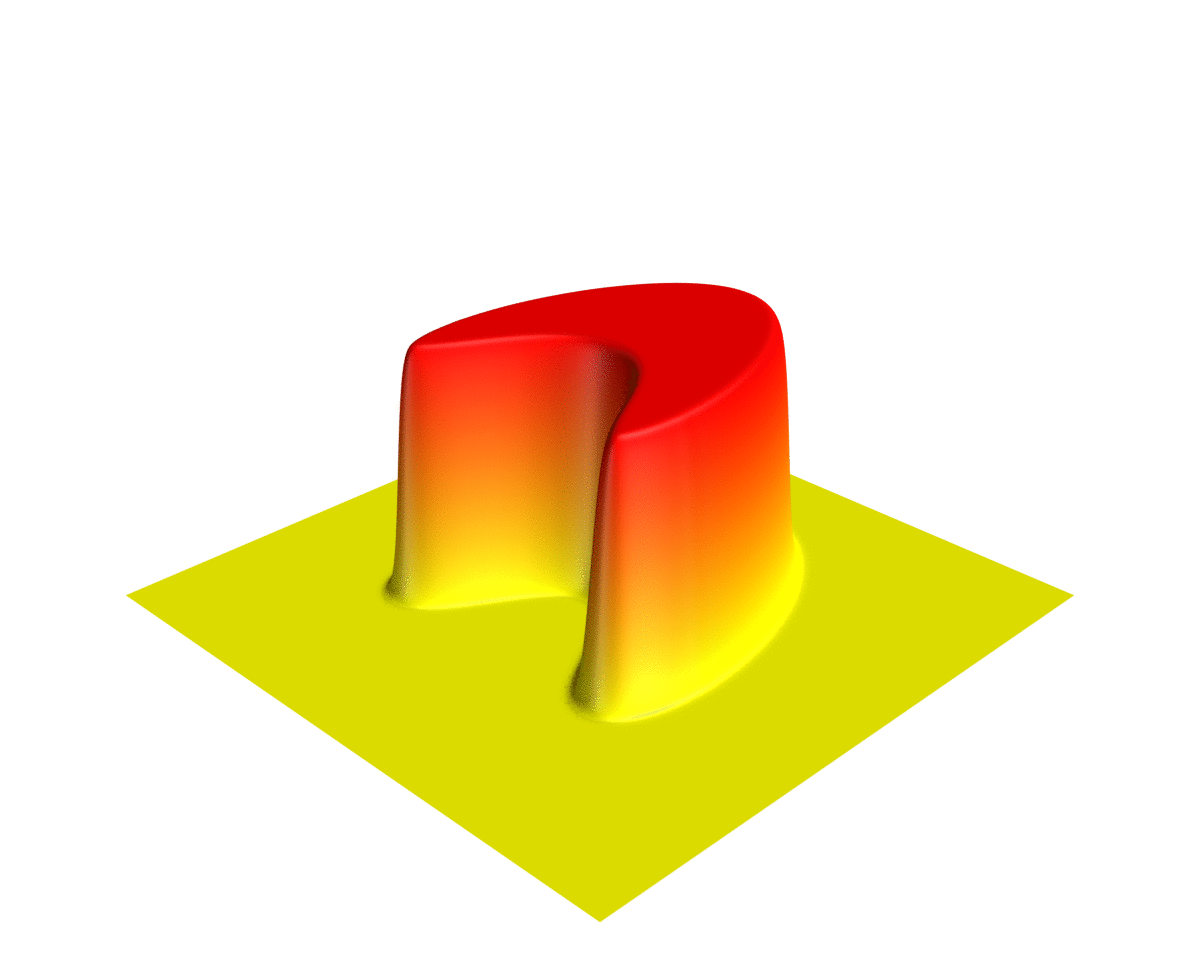Topology
- Preliminaries and Introduction
- Convergence in Topology
- Introduction to Normed Spaces
- Vector Spaces & Linear Operators
- Finite Dimensional Normed Spaces
- Infinite Dimensional Normed Spaces
- Compactness and Completeness in Normed Spaces
Infinite Dimensional Normed Spaces
The Principle of Uniform Boundedness

Differential equation that contains unknown multivariable functions and their partial derivatives.
The Principle of Uniform Boundedness, also known as the Banach-Steinhaus Theorem, is a fundamental theorem in functional analysis. This theorem provides a condition under which a family of continuous linear operators is uniformly bounded.
Understanding the Concept of Pointwise Boundedness
Before we delve into the theorem itself, it's important to understand the concept of pointwise boundedness. A family of functions is said to be pointwise bounded if, for every point in the domain, the set of function values at that point is bounded. In other words, there exists a bound that applies to all functions in the family at a given point.
Statement and Proof of the Principle of Uniform Boundedness
The Principle of Uniform Boundedness states that if a family of continuous linear operators defined on a Banach space is pointwise bounded, then it is uniformly bounded.
To prove this, we first assume that we have a family of continuous linear operators that is pointwise bounded but not uniformly bounded. This leads to a contradiction, proving the theorem.
Applications of the Principle of Uniform Boundedness
The Principle of Uniform Boundedness has many applications in functional analysis and related fields. For example, it is used in the proof of the Open Mapping Theorem, which states that a surjective continuous linear operator between Banach spaces is an open map.
Another application is in the study of partial differential equations. The Principle of Uniform Boundedness can be used to show that a sequence of solutions to a partial differential equation is uniformly bounded, which is often a crucial step in proving the existence of a solution.
In conclusion, the Principle of Uniform Boundedness is a powerful tool in functional analysis. Understanding this principle and its applications is crucial for anyone studying infinite dimensional normed spaces.